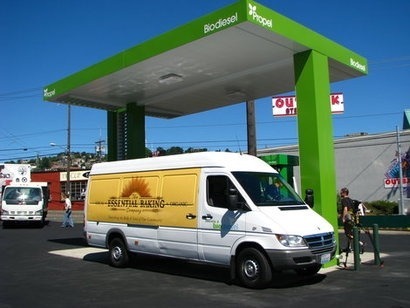
The scientists have concluded that cooking farm waste in order to turn it into biofuel should now be possible and also makes sound economic sense. The team is particularly interested in using ‘wet’ waste that is usually difficult to use and have developed a fairly simple procedure to transport the waste and produce energy from it.
Although ‘dry’ farm waste, such as wood chip or sawdust is easier to use for generating power, wet waste farm materials, which include corn husks, tomato vines and manure, typically break down before reaching their destination.
However, a team led by engineering professor Animesh Dutta, director of the Bio-Renewable Innovation Lab (BRIL) at University of Guelph, believe they have now found a solution which involves pressure cooking the waste. This process yields compact and easily transportable material that will not degrade and can be used for energy generation.
The research has been published in the journal Applied Energy and, according to Professor Dutta, it shows that in a lab setting, biofuels can generate the same amount of energy as coal.
“What this means is that we have a resource in farm waste that is readily available, can produce energy at a similar level to burning coal, and does not require any significant start-up costs” said Professor Dutta. “We are taking what is now a net-negative resource in farm waste, which farmers have to pay to remove, and providing an opportunity for them to make money and help the environment. It’s a closed-loop cycle, meaning we don’t have to worry about external costs.”
Using excess food and green and wet waste has generated a lot of interest in Europe but has not yet proved to be feasible in North America where coal is more readily available. The alkali and alkaline earth metals that are presence in farm waste, such as silicon, potassium, sodium and calcium, can also damage pipes at power plants during combustion. The new biofuel developed by the BRIL researchers has less alkali and alkaline earth metals thereby enabling them to be used in power plants.
Professor Dutta said that his team had been able to produce small amounts of energy in the lab from these biofuels and that the next step is to take the process outside the lab where interest is already mounting from a number of industry partners and government ministries.
Professor Dutta believes that the agri-food sector could begin to power the automotive industry. Large pressure cookers could be installed on or near farms where they could accept and cook waste ready for transit to energy plants. This could take five to seven years to develop depending on the funding.
For aditional information:

